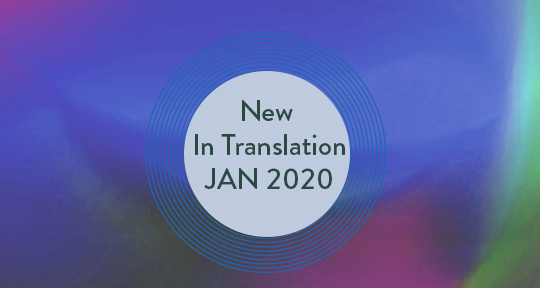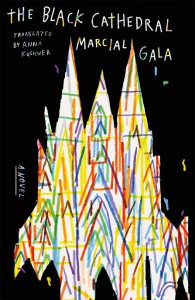Barbara Bray was a British translator and recipient of the PEN Translation Prize in 1986. In addition to having translated leading French authors of her time, including Marguerite Duras, Julia Kristeva, and the correspondence of George Sand, she also translated works by two renowned female Guadeloupian writers: Simone Schwarz-Bart and Maryse Condé. Though her work has undergone criticism—notably by Condé’s husband and translator, Richard Philcox in an recent interview with us at Asymptote—the importance of her legacy and contributions to global literature, as Nathan H. Dize proposes in the following essay, should not be undermined.
In late December, I decided to go browsing at a used bookstore outside of Nashville to take a much-needed break from writing my dissertation. There are few things in this world more comforting than perusing the spines of books, never knowing what you might stumble upon. A few minutes into my trip, I found a hardcover copy of Maryse Condé’s Segu, translated by the late Barbara Bray. The dust jacket was pristine and its cover depicted a dying African man surrounded by his family beneath a pulpy font. I instantly knew that I had to buy it, having recently talked about the novel’s translator with a friend. Unfortunately, Barbara Bray’s name appears nowhere on the cover of Segu—not on its first edition or any subsequent editions—which led me to wonder, how do we remember translators when they are gone? What becomes of the many lives they’ve lived through the words of others? Since that day in the warehouse-sized bookstore in Middle Tennessee, I’ve considered how Bray’s translations of Maryse Condé and Simone Schwarz-Bart, Guadeloupe’s most prolific writers, might help us to remember her life and her contribution to Caribbean literature in translation.
***
Barbara Bray (née Jacobs) was born along with her identical twin, Olive, on November 24, 1924 in Maida Vale, not far from Regent’s Park in London. She was educated close to Maida Vale at the Preston Manor Grammar School in Brent and later studied English, French, and Italian at Girton College, Cambridge. After her university studies, Barbara married John Bray, a former Royal Air Force pilot, and they went to live together in Egypt, where Barbara took a position as an English teacher at the University of Alexandria in Cairo. In 1953, the couple moved back to London, where Barbara began a new job as a script editor for the BBC. In his obituary for Barbara Bray in the Journal of Beckett Studies, John Knowlson recalls conversations with Bray about her time at the BBC, when she and other producers had to fight with BBC executives and department heads to air avant-garde radio plays and programs, such as Harold Pinter’s radio plays. Three years before Barbara Bray left the BCC in 1961, her husband John died in a car accident, leaving her widowed and tasked with raising their two daughters, Francesca and Julia. After John Bray’s passing, Barbara met Samuel Beckett and the two began a multi-decade love affair in Paris that coincided with Bray’s entrée into the world of translation. READ MORE…




